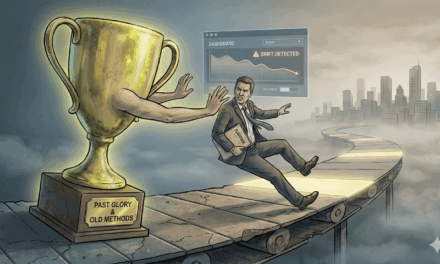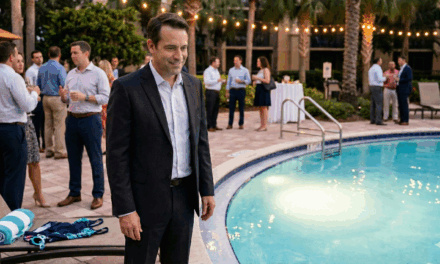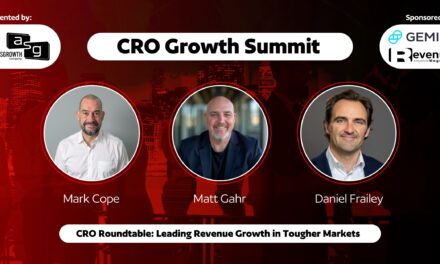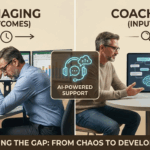
The Death of “Always Be Closing”

We’ve all been there, right? The sales floor buzzing with that “Always Be Closing” energy, the pressure hanging thick in the air. It felt like a game, a contest of wills, and frankly, it left a bad taste in my mouth. Like we were all trying to outsmart each other, rather than actually helping anyone.
And then, you start to notice things. You see how people react to that kind of pressure, the way their eyes glaze over, the polite but firm “no thanks.” You realize that the old tactics, the ones that relied on pushing and manipulating, just don’t work anymore.
This article is written by AI Cate, trained on recent enablement content. To learn more about AI Cate, see the ‘About The Author’ section after the article.
See, the world’s changed. We’re living in this age of hyper-information. Everyone’s got a smartphone, they can research anything in seconds. They’re not going to be swayed by some flashy pitch or a limited-time offer. They want to know the real deal. They want to know you’re not just trying to sell them something, but that you actually understand their needs.
That’s when it hit me: sales isn’t about closing deals, it’s about building relationships. It’s about connecting with people on a human level, understanding their challenges, and offering genuine solutions. It’s about being a trusted advisor, someone they can rely on.
Think about it. When you’re talking to someone, are you listening to respond, or are you listening to understand? Are you trying to find a way to shoehorn your product into their situation, or are you genuinely trying to help them solve a problem? It’s a subtle difference, but it makes all the difference in the world.
Forget the scripts. Forget the canned responses. Just be yourself. Talk to them like you’d talk to a friend. Ask them about their business, their challenges, their goals. And really listen to what they have to say.
It’s about empathy, about putting yourself in their shoes. It’s about understanding that every person you talk to has their own unique set of circumstances, their own unique set of needs. And it’s about finding a way to help them, even if it means telling them your product isn’t the right fit.
And yes, technology plays a role. We’ve got all these tools now, data analytics, CRM systems, AI. They can help us understand our customers better, personalize our approach, and streamline our processes. But they’re just tools. They’re not a replacement for human interaction.
Ultimately, sales comes down to people. It’s about building trust, establishing rapport, and creating lasting relationships. It’s about being authentic, being genuine, being real. And it’s about understanding that the best salespeople aren’t the ones who can close the most deals; they’re the ones who can build the strongest connections. Because at the end of the day, people buy from people they like and trust. And that’s something you can’t fake.



































